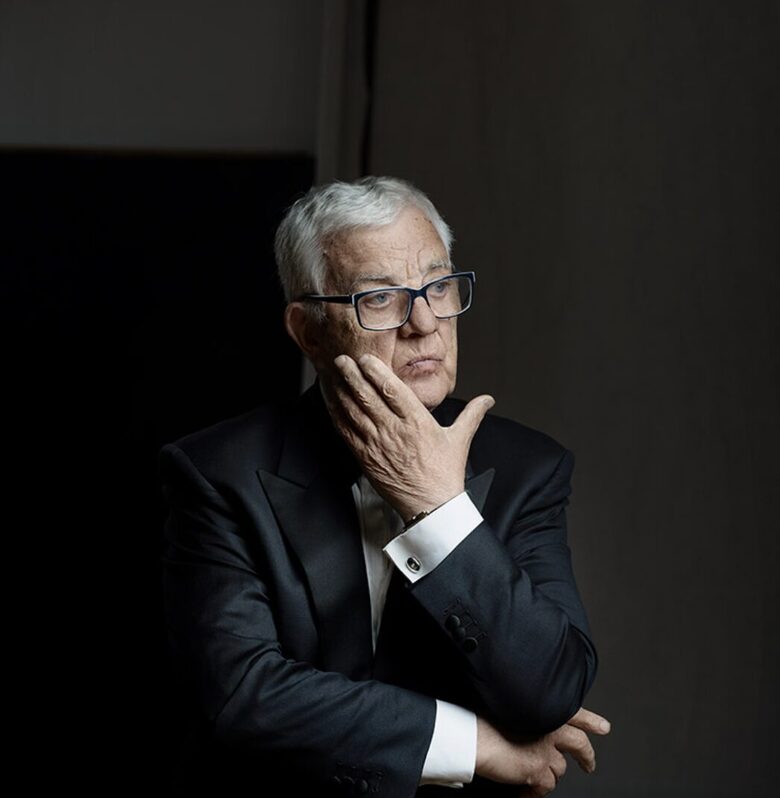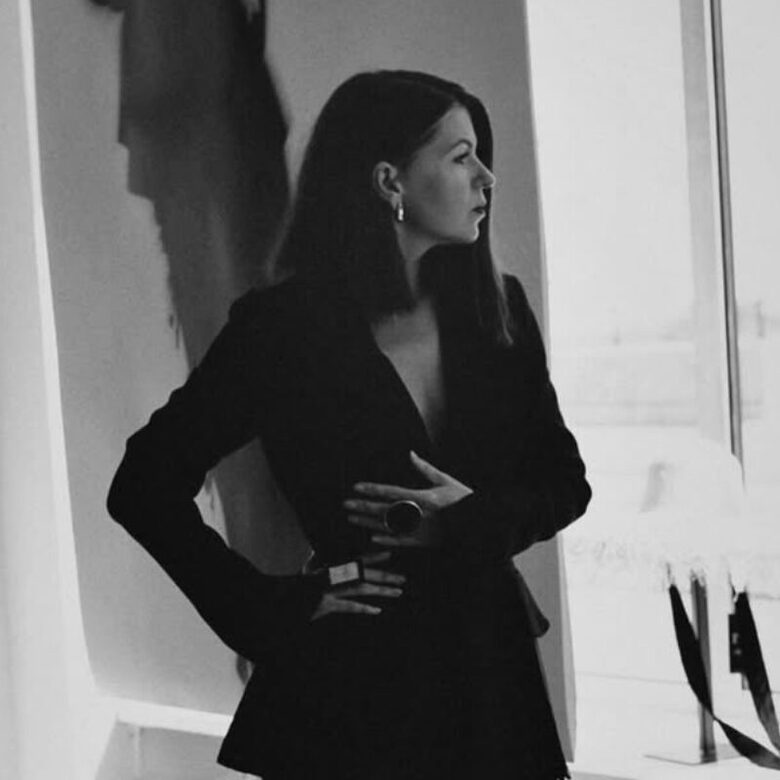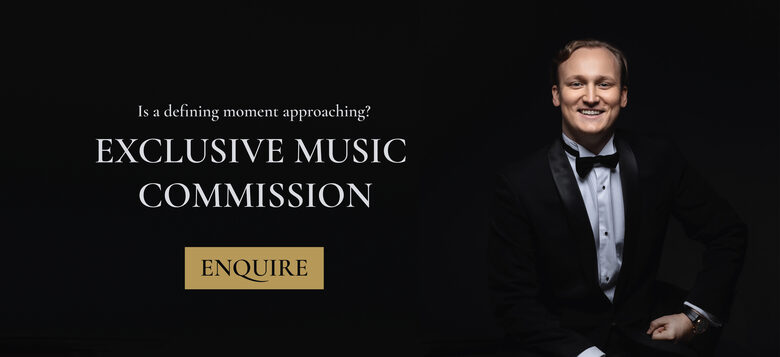SYMBOLISM
The number seven permeates the order of the world and the story of humanity; it is a symbol of divine perfection. In seven days the world was created; seven notes form harmony; seven colors stretch across the heavens; seven wonders of the world reveal humanity’s ability to create the extraordinary. And seven compositions embody Jēkabs Tutiņš debut album “Not Quite Baroque”—until the very last day, when the prophecy of Revelation will be fulfilled with the seven seals (Rev. 6–8), the seven trumpets (Rev. 8–11), and the seven churches (Rev. 2–3).
Each of these seven works by J. Tutiņš is a pillar strengthening the listener’s inner architecture and leading them toward their own empire. At the album’s center, the fourth composition “Glory to God” becomes the heart of the entire structure: it symbolizes the composer’s beginnings in the church and affirms that no empire can stand without a divine foundation.
MOTTO
“To Each Their Own Empire” is the composer’s imperial manifesto, a bold architecture of sound where each of the seven pieces carries within it the idea of power, conviction, and victory. This music does not speak softly nor beg to be heard; it enters the room with authority, lifting the listener above the everyday and allowing them to see themselves in a greater story. It embodies the grandeur of the Baroque era, fused with the inner sovereignty of the modern individual, reminding us: the true empire begins within ourselves.
VISION
“Not Quite Baroque” is created as a space where the listener encounters themselves. This is not music to decorate the background; these are vibrations that give posture, sharpen thought, and ignite conviction for action. The seven compositions serve as symbolic pillars, reminding us: the empire is not to be sought elsewhere—it is born within you.
Because of this music, new talents are awakened, personal empires are proclaimed, and ever more people ground their success on the foundation of Jēkabs Tutiņš’s music.
PURPOSE
The aim of the album is not to be music for everyone, but an ally for those who are aware of their worth. It will inevitably repel those for whom it is not meant, and attract those who know the taste of victory. This music was created to strengthen; it is a vibration of discipline and power that does not entertain the listener but transforms them.
“Not Quite Baroque” is a manifestation of self-determination, authority, and the spirit of triumph.









